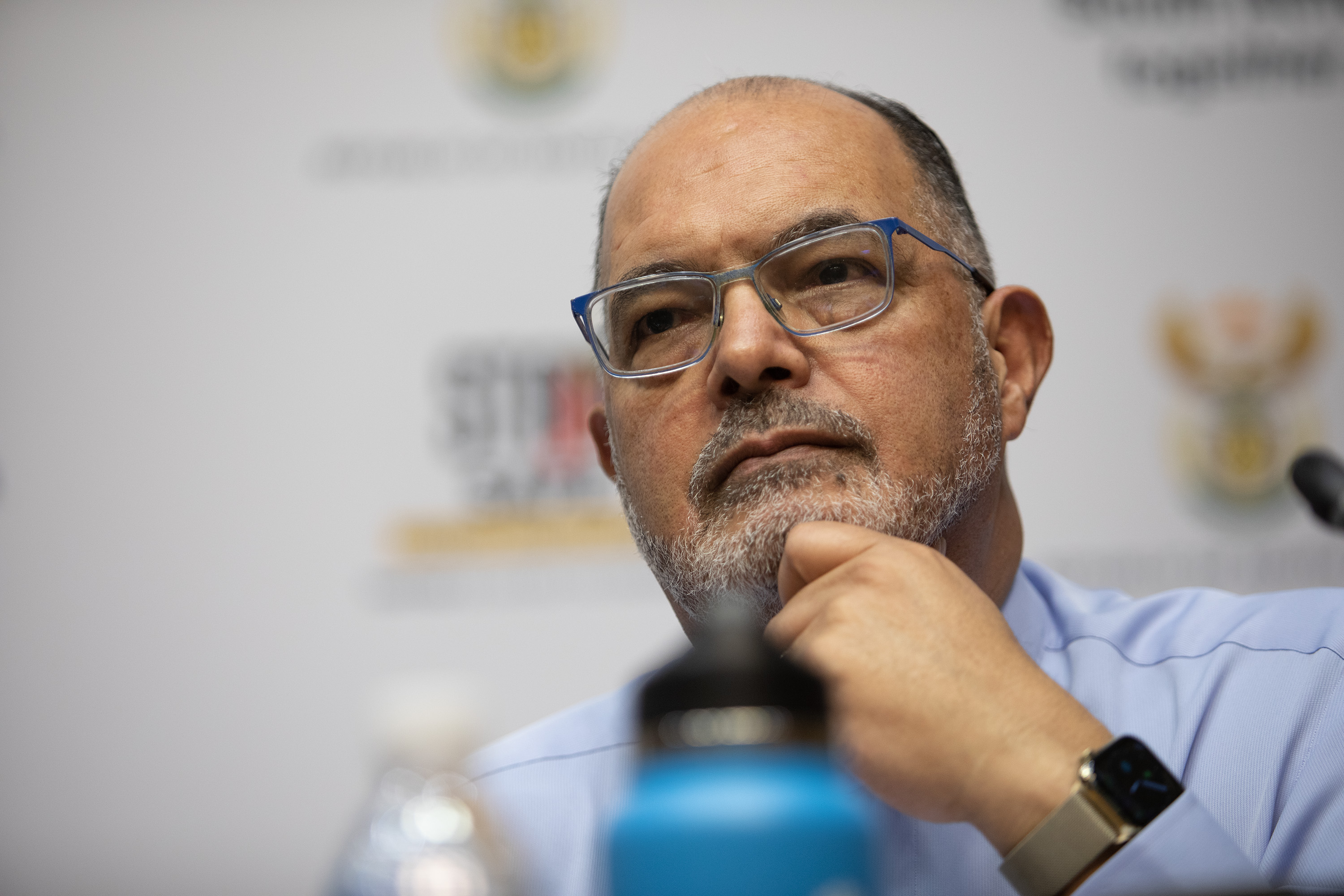“It’s absolutely a fact that load shedding has a huge impact on economic activities and has crippled many companies. Before recent articles about small businesses not being able to cope, larger businesses made similar announcements so we expect it to have a material impact on our ability to collect revenue. Secondly, we also find that during times of crisis, people are more likely to be ultra-conservative and where there is an opportunity to take the opportunity to withhold paying taxes, so our [Sars] debt book grows considerably,” he says.
Kieswetter was not pulling punches in a frank discussion with journalist Alishia Seckham at a PSG Think Big webinar yesterday.
In the last year, Sars had to resolve 2.2-million cases requiring follow-ups in the form of a phone call, a message and/or a letter and Kieswetter says tireless work by Sars officials in this regard netted almost R60-billion in tax revenue.
New provisions needed to address energy crisis
On the subject of potential tax rebates and incentives to help South Africans deal with the energy crisis, Kieswetter offered his opinion as both a South African citizen and the Sars commissioner. He points out that the last tax amendment in respect of renewable energy was made in 2016 when the accelerated depreciation allowance on renewable energy was amended from three years (50% - 30% - 20%) to an even quicker depreciation allowance of 100% over one year. This effectively translates to a 28% discount on companies’ investment in renewable energy resources.
“I believe that when that was introduced, we would not have been as consciously aware of the extent to which the energy crisis would regress and what other instruments we need to respond to it. I have already engaged my colleagues (National Treasury) to say we should be reviewing what additional provisions we can make to provide some relief and some incentive for people to become more self-sufficient,” he says.
Visit Daily Maverick's home page for more news, analysis and investigations
Retailer Pick n Pay revealed this morning that it is spending around R60-million a month on diesel costs, depending on the stage of rolling blackouts. The retailer spent R346-million on diesel to run generators at stores in the first 10 months of the current financial year while rival, Shoprite reported spending R560-million on diesel over the six months to January.
Chairman of the Eskom board, Mpho Makwana last month confirmed that the recovery of the Eskom coal fleet could not be achieved in the short term. “It will take at least two years to improve the energy availability factor (EAF) from the current 58% to 70%. The journey of the turnaround will see a stretch target EAF being driven toward 60% by 31 March 2023, a mere 10 weeks away, then 65% EAF by 31 March 2024 and 70% by 31 March 2025,” he said.
Lack of service delivery
When Seckham challenged him on the anger most South Africans feel when called on to pay taxes in a country that is not delivering on services, Kieswetter admitted there was merit in this argument. “That’s why we have a democracy where, ultimately, we vote for the government we want. My message to those who believe that withholding taxes is the best response is that it would simply aggravate the problems. I say, let’s get off our seats and let’s be activists. If this government does not deliver, they should not be in power. They should not be the governing party,” he says.
Kieswetter added that although he is employed by the South African government, he believes he works for South Africans. “I speak without fear or favour and when I see wrong in government, I’m not going to hold back simply because it’s politically correct,” he says.
In a scathing, no-holds-barred criticism of the current service delivery issues the country faces, Kieswetter says despite the intention of certain regulations, the unfortunate impact has been “inefficient procurement processes, inefficient recruitment practices — turning a process that should take a day or two into literally months because there’s so many signatories, so many desks it must go through. One of my biggest frustrations is — you are constrained by a framework that has been designed to regulate what you liberate, that has been designed to constrain not to free up resources,” he says.
As the former chief executive at Alexander Forbes now working in the public sector, Kieswetter’s observation is that things move a lot faster in the private sector. “If you need things to happen, there’s a strong bias towards action and there isn’t a slow bureaucracy.” BM/DM





